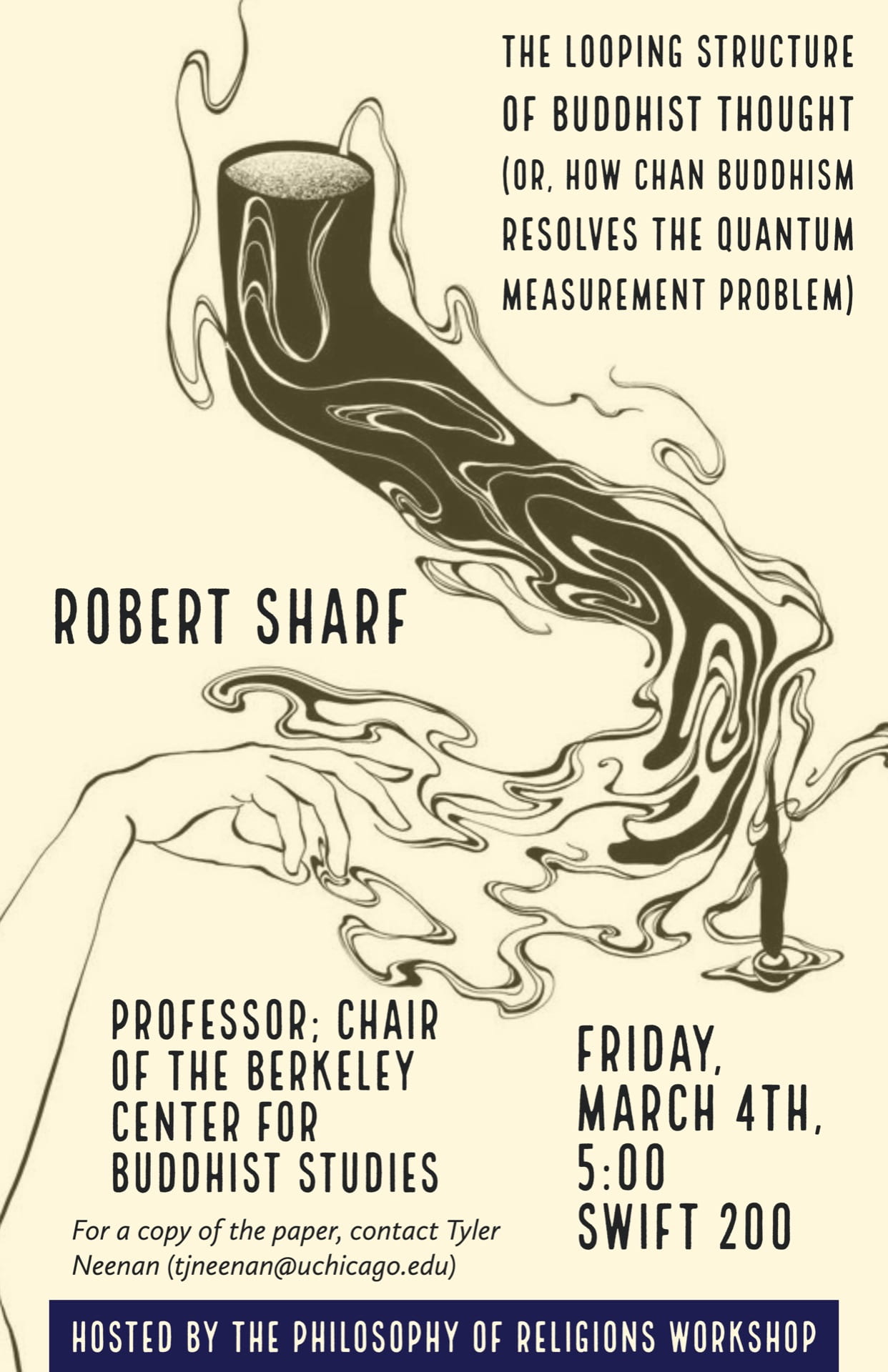
Robert Sharf
Is there a world out there when nobody is looking? This is a question that medieval Buddhist scholiasts struggled with over many centuries, giving rise to a variety of competing positions. In this article, I identify a loop that runs through and structures seemingly antithetical positions—some realist, some antirealist—in these debates. My claim is that the loop is a feature of our lifeworld, and thus any serious reflection on the mind/ world relationship is bound to get entangled in it. Even modern physics has come up against it, such that rival positions advanced by quantum theorists are structurally analogous to positions proffered in medieval Buddhist writings. I conclude by turning to the Chan Buddhist tradition, which is often mischaracterized as hostile to philosophical analysis. Chan is among the few Buddhist schools that recognize, foreground, and cele- brate the manner in which mind and world enfold each other. As such, this paper foregrounds the decidedly philosophical insights of the Chan tradition.
This workshop will focus on a pre-circulated paper (available here) and will be largely discussion-based.
Friday, March 4th, 5:00PM, Swift 200
